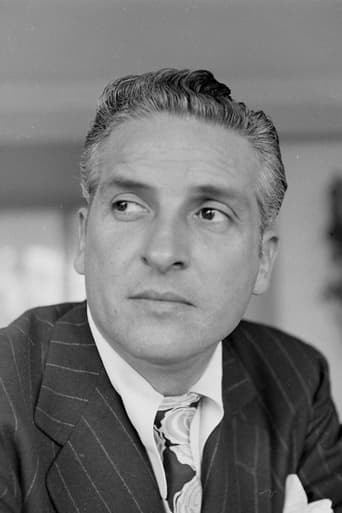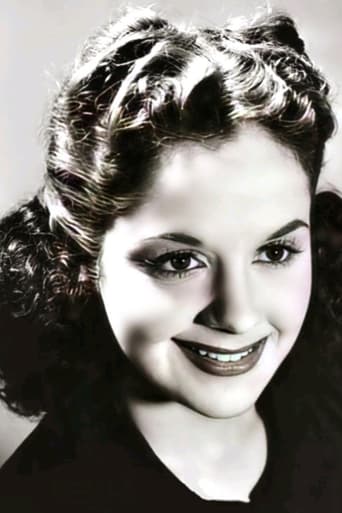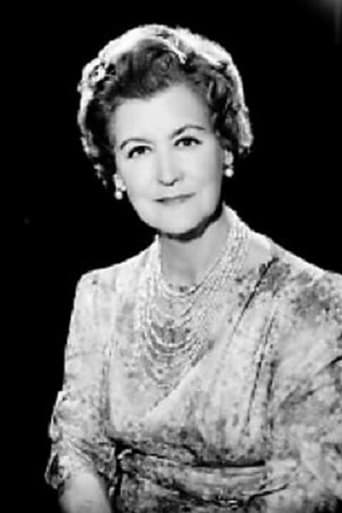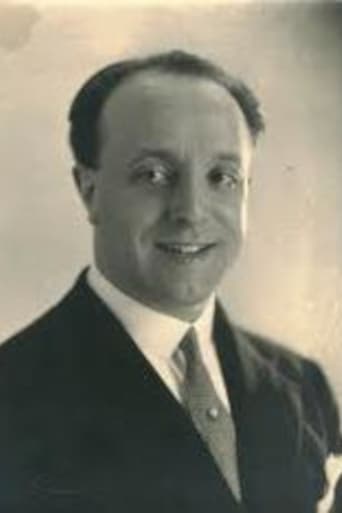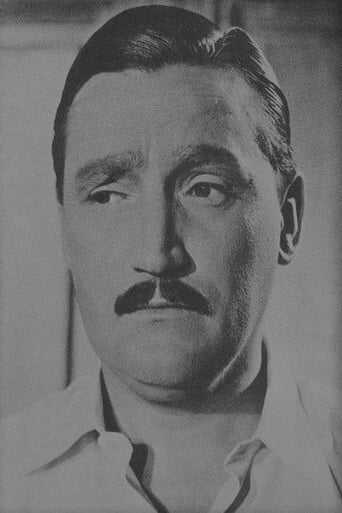FeistyUpper
If you don't like this, we can't be friends.
Teringer
An Exercise In Nonsense
Rio Hayward
All of these films share one commonality, that being a kind of emotional center that humanizes a cast of monsters.
Kamila Bell
This is a coming of age storyline that you've seen in one form or another for decades. It takes a truly unique voice to make yet another one worth watching.
Armand
cold, strange, cruel. like majority of Bunuel films. a window to darkness. and too realistic to be only shadow of fiction. it is a good film. and, in many senses, picture of our time. the ball of paranoia and love as scary, the need to control and menace, the desire and the series of masks, the fragility and the madness as form of control, all is, piece by piece, ingredient of our society. this is the secret for who the movie remains impressive. and for who the genius of its director is basis for an inspired art circle. it is a definition of happiness search. and proof of a splendid science of details. a story. and result of an entomologist observations. is it enough ? sure. in measure to be one of the characters.
Claudio Carvalho
In Mexico, the wealthy, religious and leery middle-aged Francisco Galván (Arturo de Córdova) is battling in the justice to retrieve the possession of real-estates that belonged to his ancestors in the beginning of the Twentieth Century. When he sees the young Gloria Milalta (Delia Garcés) in the church, he becomes obsessed by the woman, unsuccessfully courting and stalking her. He follows her and sees Gloria with her fiancé and his acquaintance, the engineer Raul Conde, having lunch in a restaurant. Francisco schedules a ball in his mansion and invites Raul and along the night, he seduces Gloria. They get married and in the honeymoon, Gloria discovers that Francisco is virgin and has a sick jealousy for her. Along the years, the emotionally unbalanced Francisco oscillates between a passionate husband and a disturbed paranoid until the day Gloria leaves him and he has a mental breakdown. "El" is a very simple and melodramatic film of Luis Buñuel about sick jealousy and paranoia. The plot shows the usual trademark of this great director, with religious element and the surrealistic paranoia of the lead character in the church, but is not original like most of his features. Arturo de Córdova and Delia Garcés have stunning performances, giving credibility to their characters. My vote is eight.Title (Brazil): "O Alucinado" ("The Hallucinated One")
christopher-underwood
Although slightly more melodramatic, I feel this does have the edge over the later, 'Criminal Life of Archibaldo de La Cruz', which covers similar territory with more humour. A gripping and frightening tale of obsession that has a surprisingly large amount of echoes of Hitchcock's later, 'Vertigo' and seemingly that director took the bell tower sequence in its entirety. Still, who cares, great films remain great films, even when their inspiration may be revealed. The ending is low key but we are left in little doubt as to the state of mind of our hero/villain. Great performances help what might have seemed a preposterous tale, ring only too true. Probably best watched after Archibaldo, then the impact will be all the more great.
rudronriver
As his most technically accomplished Mexican-period movie, and almost a mainstream one, this film can be an enjoyable first introduction into Buñuel's obsessions: the same ones that ruled the surrealistic movement. The underground psychological streams in the mind are finely expressed in this story of a pathological jealous and his victim. In his Mexican exile, Buñuel was forced to make "nourishing movies", that were the most conventional ones in his filmography, but he managed to smuggle his surrealistic ideals into all of them (even he could make the absolutely surrealistic "The Exterminating Angel").Based on an autobiographic novel by Spanish fellow countrywoman Mercedes Pinto, this film is the vehicle for displaying many marvelous surreal moments. It can also be viewed as a brilliant clinical recreation of paranoid distress, but Buñuel recognized that the protagonist, Francisco Galván, although insane, had many of his own obsessions: his view of love as an absolute imperative, the violent impulses, the fetishism for female feet…The story shifts from one point of view to another, which is the only way to understand the "two stories" in psychotic disorders.Part of the story and many of the ideas were used later by Hitchcock for his masterpiece "Vertigo (From among the dead)". It is difficult to say plagiarism when talking about cinema, but this would be one occasion for it. It is not coincidence that both directors share a taste for the expressive properties of objects (not only as Macguffin); as two reluctantly catholic directors, objects usually act as "sacraments" for their narrative. In "El" the church and its symbols are the background for the repression and the blooming of instincts; other Buñuel's stories may be more connected with religion than this one, but "El" shows a life absolutely permeated by the relationship of primary impulses ("eros" and "thanatos") with spiritual transcend ency. With churches as the setting of the key moments of the story (desire, love encounter, the urge for murder, disappointment), church is at the beginning and the ending of this story narrated by the man who said "Thank God, I'm an atheist".Although was filmed in three weeks, in the midst of the limitations of Mexican film industry, the movie is close to perfection in formal terms. In contrast with his previous movies, in which a still camera was predominant, in this one the camera movements are constant. The performances and the choice of cast is the most accurate of the Buñuel's Mexican-period.

